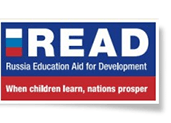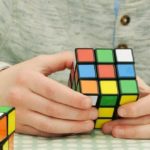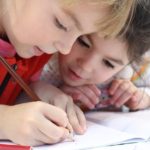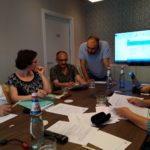The Center for International Cooperation for Education Development has begun developing a tool for assessing “Skills of the 21st century”.
To date, several classifications of 21st century skills have been developed (among them are the classifications developed by the Commission of the European Union, the Organization for Economic Cooperation and Development, the World Bank, the Global Partnership for Education, UNESCO and others). The Russian Federal State Educational Standard (FSES) also includes the skills of the 21st century and refers them to the personal and meta-subject results of mastering the school curriculum.
The mainstreaming of this topic in the field of education has occurred as 21st century skills contribute to better coping with the crisis and preparing for the situation when the health emergency ends. These skills facilitate continued learning and rapid recovery in times of crisis. 21st century skills (also called soft skills) are life skills that can be widely used in a variety of settings and are independent of specific jobs, tasks, educational subjects, and professions. 21st century skills help people of all ages to reinvent themselves throughout their lives, adapt to changing and diverse circumstances, and identify opportunities for growth.
As part of the work, approaches to measuring 21st century skills will be studied and methodologies will be developed that will be used as part of the study in the countries that will take part in it. The study will be conducted in three countries partnering with the READ Program. Changes in the educational process and ways to resolve the educational crisis in different countries associated with the COVID-19 pandemic will also be studied. As part of the study, country specialists will be trained and country teams will be formed. The developed methods will be tested and, based on the results of the testing, recommendations for their further use will be presented.







